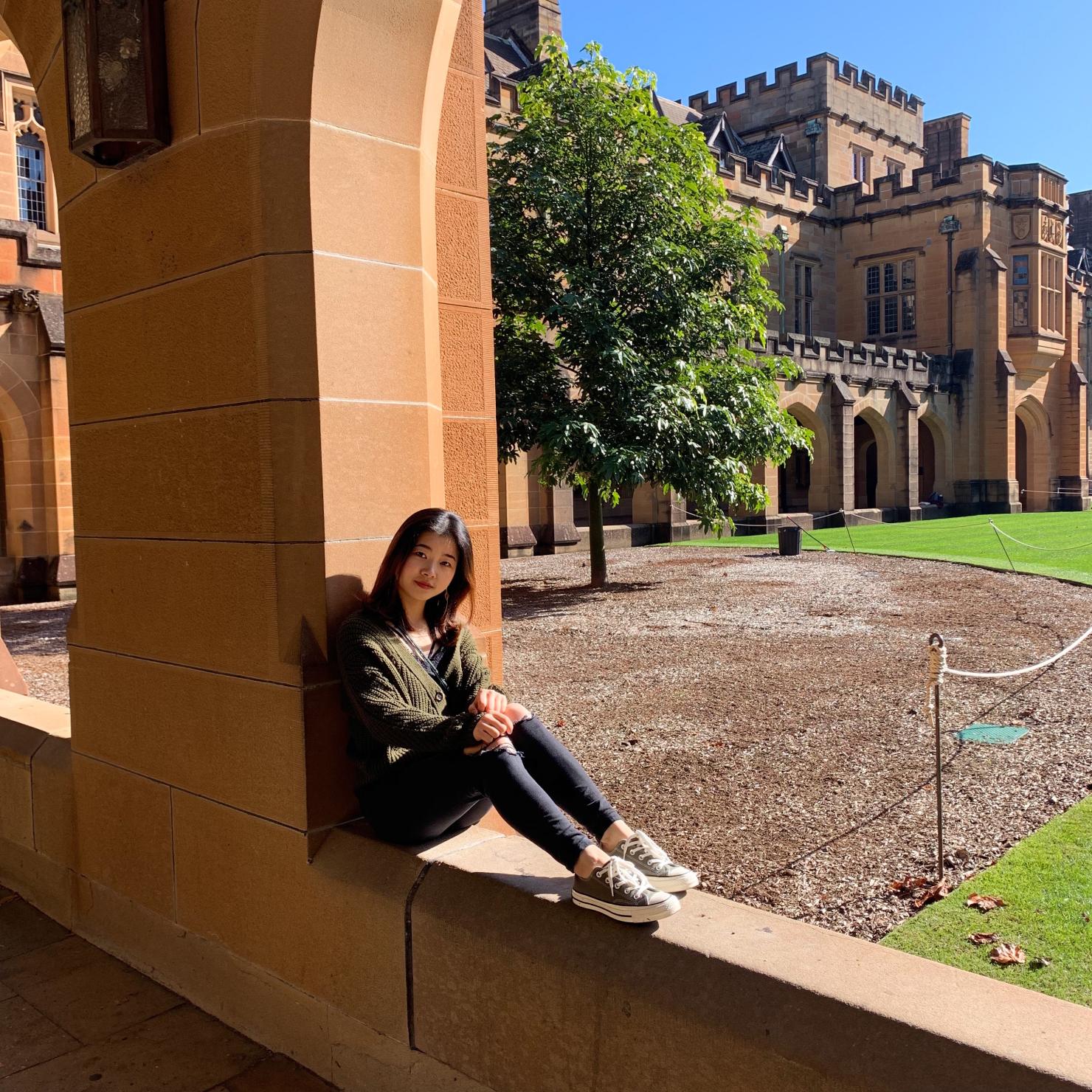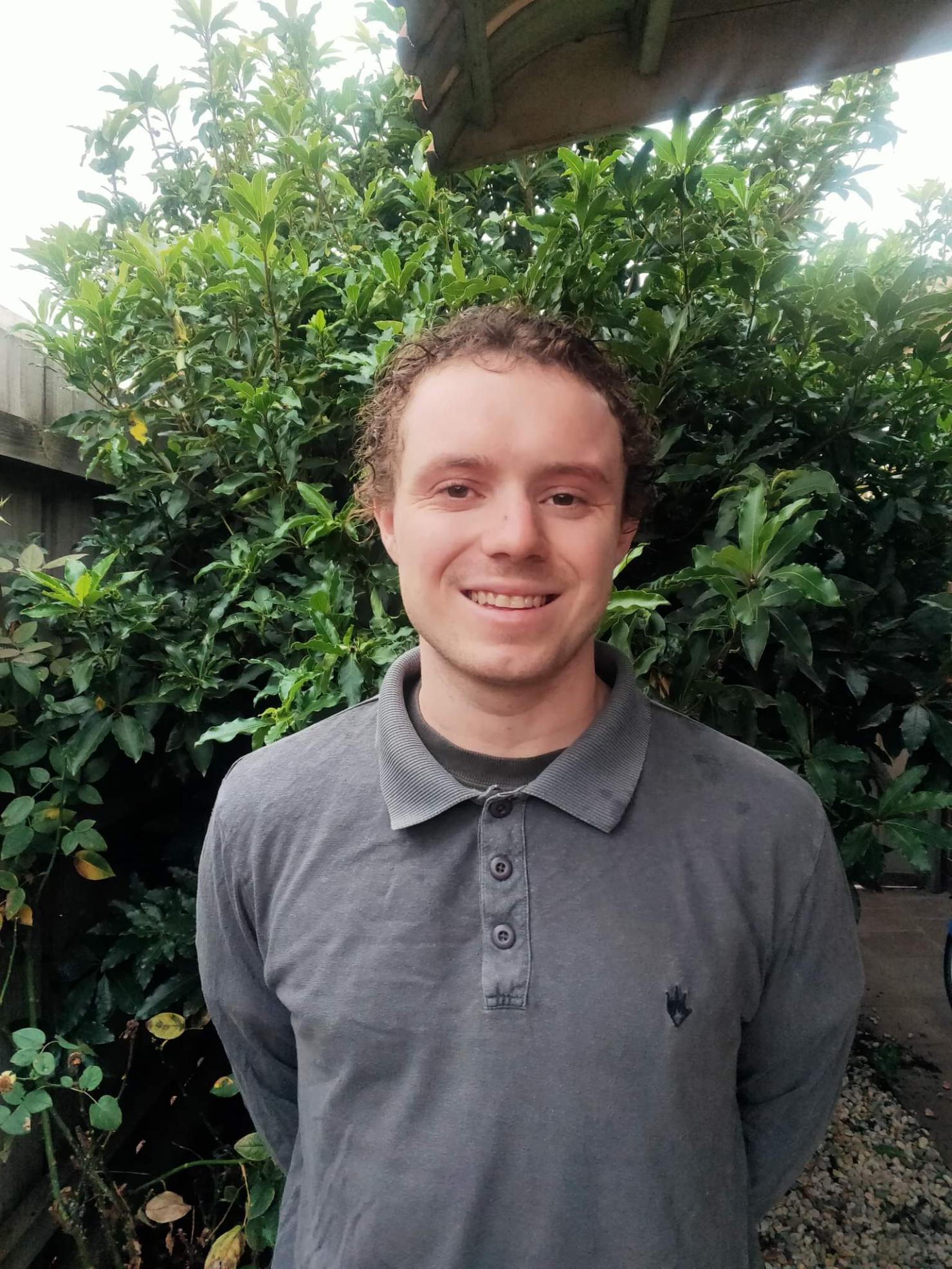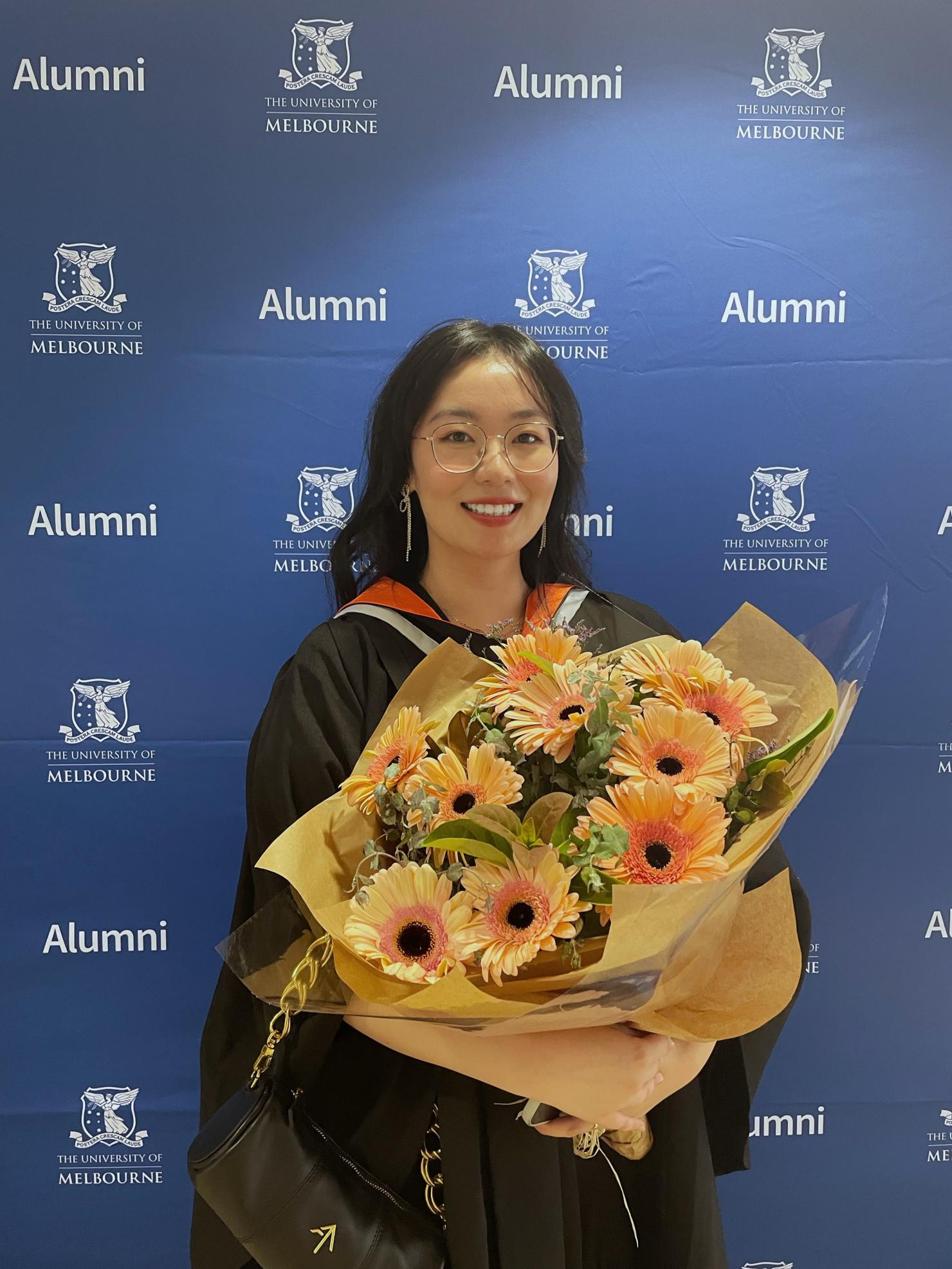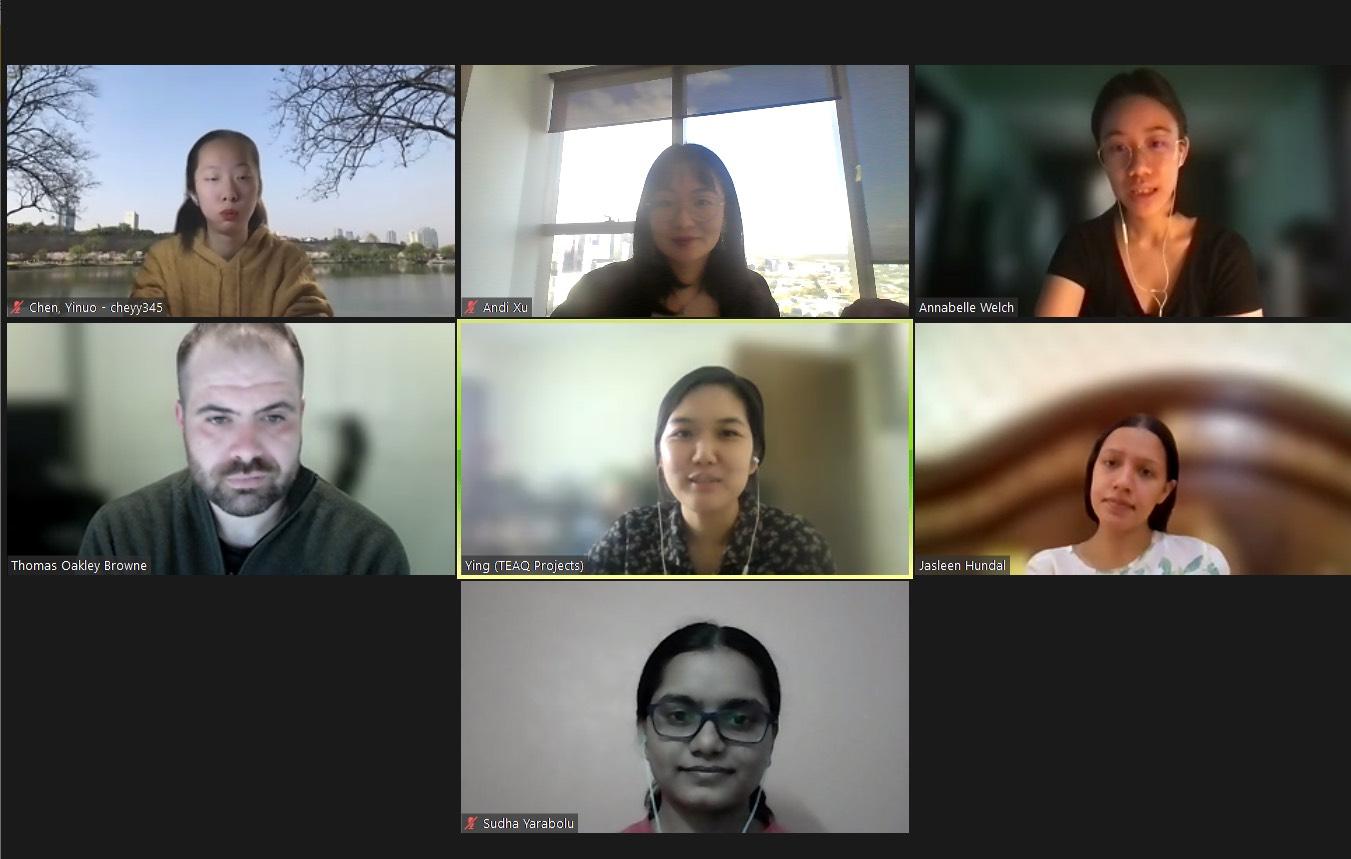In just a few months, Chinese international student Joie Cao went from having virtually no work experience to landing her dream job.
The key was finding a way to leverage her university studies into something industry needed.
“I just felt towards the end of my Master’s degree that there was this gap between the knowledge I’d learnt and the real world,” she says.
Joie joined a program hosted on experiential learning platform Practera and funded by the National Foundation for Australia-China Relations.

Known as Inspiration Australia, the three-week program recruits domestic and international students across the country to work on consulting projects for businesses with connections to Australia or China. More than 400 students have taken part.
Joie’s team was assigned to develop a market entry plan for a Chilean honey exporter looking to expand into China.
“I feel like I learnt more in those few weeks than maybe three months of study,” she says.
And that results in more than an improved resume. Joie says she feels more confident speaking up and pitching her own ideas.
“So when I was applying for consulting roles and the interviewers asked me questions, I could really draw on the experience for examples and anecdotes.”
Joie now works as a data engineer at an IT consulting firm in Sydney.
“[The program] gave me everything I wanted and more,” she says.
Building global skills
Joie’s isn’t the only success story.
Practera’s executive director of programs, Katrina Greig, says 90% of the students who have taken part in Inspiration Australia reported improved employability.
The program is structured around building global skills, such as communication, leadership, problem solving, and cultural awareness. Students receive feedback from each other, their mentor, and their client.
“We’ve got really great checks and balances in place to help the students understand where they’ve started and we incorporate the reflection component throughout to track how they’re developing,” Katrina says.
Domestic student Aidan Dodgshun says the program taught him important lessons in working across time zones and cultures.

Aidan’s team was tasked with producing a social media strategy for the Fairmont Peace Hotel in Shanghai. As the project lead, he was in charge of assigning duties and managing the tight deadlines. His teammates were based not just in Australia, but China, India and Africa.
“We were all spread across the whole 24-hour period and that was really hard at times because we’d agree to meet at, say, mid-afternoon but then for the person in Africa, that would be six in the morning,” he says.
“So a couple of times, we had a skeleton crew operating.”
The team also faced other challenges such as conflicting cultural expectations around how to collaborate as a team. But Aidan says this became a vital learning opportunity.
“It built my understanding of how people from different backgrounds can have different outlooks on things, and instead of shooting them down, you have to manage those kinds of interactions effectively to get positive outcomes,” he says.
Despite their initial differences, the team ultimately found common ground.
“We really grew to become friends,” Aidan says. “I even contacted one of [my Chinese teammates] about a job process which I knew that they’d gone through and they were really helpful through that.”
Getting connected
Practera’s Katrina Greig says that beyond professional development, the program has also helped overcome some of the challenges of the pandemic.
As lockdowns closed campuses across the country, the program went online to ensure as many students as possible could have access, including those who were still studying offshore.
“We completely appreciate that students feel very isolated through this time, and so we understood that providing opportunities for students to connect virtually via project work was crucial,” she says.
Chinese student Andi Xu was one such student.

Andi arrived in Melbourne in 2019, just a few months before the city went into lockdown. She spent half a year living alone and did most of her Bachelor’s degree without stepping foot on campus.
But she says the program gave her a taste of what she’d been missing out on.
“I had just finished my last semester and with everything not back to normal yet, this program was actually a wonderful chance for me to feel more connected to other students,” she says.
Like Aidan, Andi’s teammates came from different countries and disciplines, so she says it was an opportunity for her to step outside her bubble and learn from her peers.

A win-win for students and clients
But it isn’t just the students who have found the program beneficial.
The Australian Institute for Infant Mental Health (AAIMH) says working with a group of students saved them “many months, if not years, of process”.
The team assigned to the not-for-profit came up with a new communication strategy.
“We’re run by volunteers. Collecting that sort of information for us is a major undertaking,” chairperson Nicole Milburn says. “[But the students’ report] gave us some solid information to then go ahead and make a decision.”
AAIMH’s national treasurer, Mary Hood, says the team’s recommendations influenced their decision to prioritise upgrading their website over using social media to reach their community.
“The whole question of having a presence on social media has been a bit of a dilemma for AAIMH. You can have an interactive kind of engagement on those platforms but we weren’t sure how to resource that,” she says.
“The student report really fleshed out what it would mean for us to get onto social media and what resources would be needed.”
The result shows what’s possible when students have a chance to apply and refine their skills.
“Our measure of success is our client saying that this has improved their decision-making within the business,” says Katrina Greig.
She encourages more students to consider joining.
“We go beyond just work experience,” she says. “There’s a real tangible experience that students are gaining where they can see how they’ve made connections with people and grown together.”
